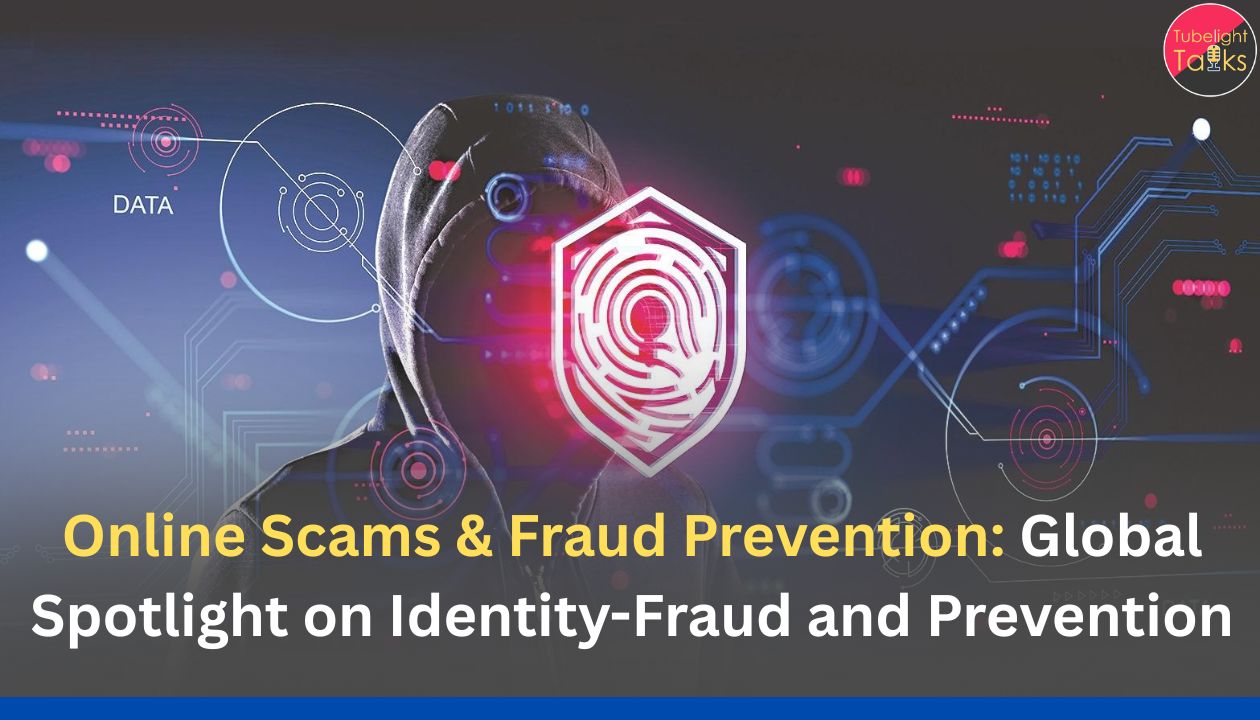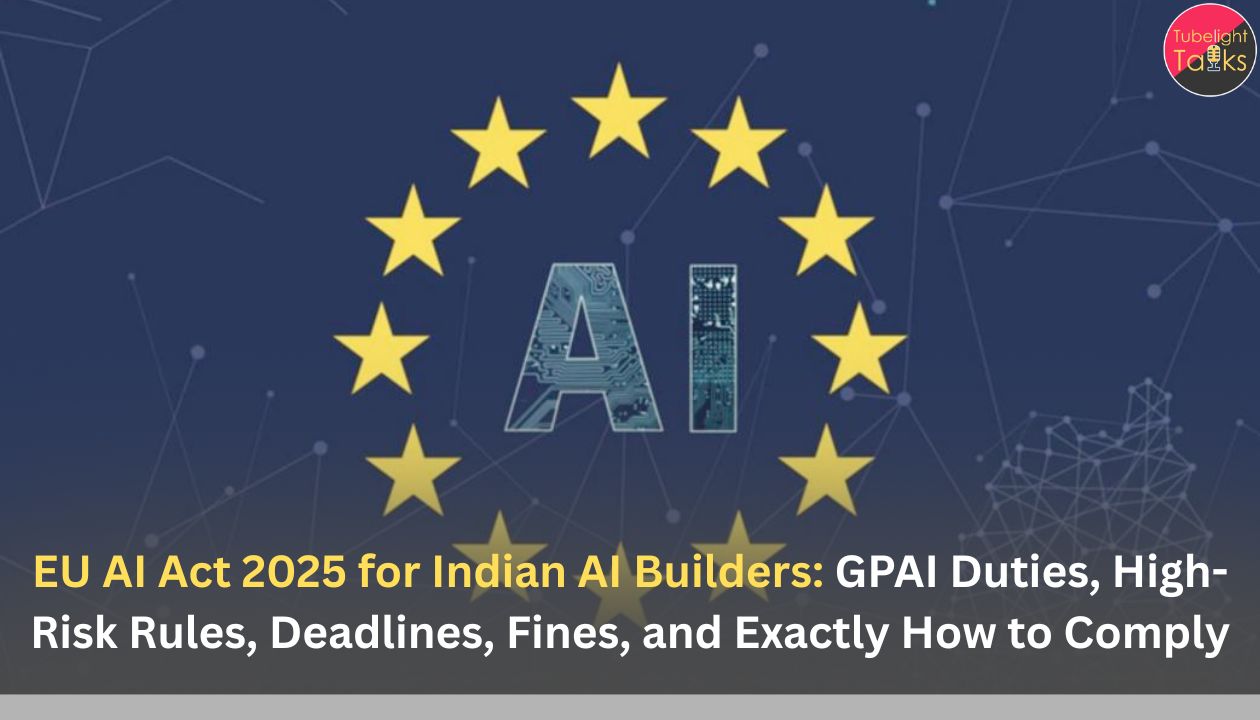Online Scams and Fraud Prevention: As digital services spread worldwide, online scams and identity fraud have moved from occasional nuisances to major societal threats. In 2024–2025, losses climbed into the billions, and law enforcement coordinated multinational actions to seize funds and dismantle scam rings. At the same time, scammers now use AI, deepfakes, fake ads, and spoofed government pages to trick victims.
This article explains the latest trends, proven prevention steps, and how governments, platforms, and communities are responding. It also highlights recent enforcement actions and offers clear, practical steps everyone can use to avoid becoming a target.
Why Online Scams Are In The Global Spotlight
Digitalisation brought convenience — and new attack surfaces. Fraudsters exploit trust (fake bank messages), urgency (scare tactics), and technology (AI deepfakes, automated phishing). Fraud types range from phishing, romance scams, and investment fraud to business email compromise (BEC), account takeover, and identity theft.
Recent Global Enforcement And Industry Response
International cooperation has produced significant takedowns and recoveries. INTERPOL’s Operation HAECHI VI (April–August 2025) targeted voice phishing, romance scams, sextortion and investment fraud across 40 jurisdictions and recovered roughly USD 439 million in government-backed currencies, physical assets and crypto.
In the U.S., the FBI’s Internet Crime Complaint Center (IC3) reported $16.6 billion in losses to internet crime in 2024 — a major year-over-year increase — highlighting phishing, extortion, and cryptocurrency-related investment fraud as top drivers of loss.
Tech platforms and regulators are also under pressure: Reuters reporting shows that large ad platforms display vast numbers of scam ads, prompting scrutiny and calls for more proactive moderation.
Top Scam Trends To Watch (2024–2025)
AI and Deepfake Scams
Scammers now use AI-generated voices and videos to impersonate trusted figures or to produce fake testimonials and ads that lure victims into fake investments or phishing pages. The Central Bank of Ireland and other agencies recently warned about more convincing deepfake-driven frauds.
Fake Ads & Marketplace Fraud
Malicious advertisers and fake listings promote fraudulent investment schemes, counterfeit goods, or fake services. Investigations have shown platforms may unwittingly host millions of scam ads daily.
Business Email Compromise (BEC)
BEC remains a high-impact enterprise threat. Fraudsters spoof executives’ emails to trick employees into wiring funds to mule accounts or sharing sensitive documents. This is often paired with social engineering from public profiles.
Cryptocurrency & Investment Fraud
Cryptocurrency remains a preferred payout method for many fraudsters; victims of fake trading platforms and investment schemes reported high losses in 2024–2025. The FBI report highlighted crypto-related scams as producing the largest losses.
Practical Fraud-Prevention Checklist (What Everyone Should Do)
Stop, Assess, Verify
- Pause before clicking links or responding to urgent requests. Scammers rely on pressure and emotion.
- Verify contact details independently (call your bank using a known number; open your bank site directly rather than via an email link).
- Assess the sender’s domain and look for small misspellings or odd top-level domains (.com vs .co).
Secure Your Identity and Accounts
- Use strong, unique passwords (password manager recommended) and enable multi-factor authentication (MFA).
- Regularly check account statements and credit reports for unfamiliar activity.
- Consider identity monitoring services if personal info is compromised.
Recognize Common Red Flags
- Requests for payment in gift cards, crypto, or wire transfers for urgent “recovery” or “verification.”
- Pressure to keep the conversation secret or to move off-platform (e.g., suddenly switching from official app to WhatsApp).
- Poor grammar, inconsistent branding, or oddly specific “too-good-to-be-true” investment returns.
Report Quickly
In the U.S., report to IC3 (FBI). In other countries, use official police cybercrime units or national reporting portals. Timely reporting helps law enforcement track patterns and freeze assets.
What Governments And Platforms Are Doing
- International law enforcement operations (e.g., INTERPOL) coordinate cross-border takedowns and asset recovery. These have led to large recoveries and arrests, underscoring the importance of cooperation.
- Regulators (EU Digital Services Act and similar frameworks) are scrutinising how big tech prevents scams; non-compliance can draw heavy fines.
- Banks and fintech firms are rolling out stronger KYC (Know Your Customer), SIM-deactivation policies, and fraud-detection algorithms to block suspicious flows.
How Families and Communities Can Help Protect Vulnerable People
- Teach older relatives about typical red flags and encourage them to verify before sending money. IC3 statistics show older adults are often targeted and suffer large losses.
- Share alerts on closed groups (WhatsApp family groups, community forums) — but always reference official sources.
- Encourage local organizations to host basic “digital hygiene” sessions for seniors.
Read Also: 10 Best Cybersecurity Tips for 2025: How to Stay Safe Online
Case study: Operation HAECHI VI — Lessons Learned
Operation HAECHI VI recovered $439M and seized crypto wallets, showing four key lessons:
1. Cross-border cooperation works. Cybercrime often spans multiple jurisdictions, requiring shared intelligence.
2. Victim support matters. Recoveries can be returned if rapid reporting and asset tracing occur.
3. Cryptocurrency tracing is maturing. Law enforcement can now seize and recover crypto with specialized tools and partnerships.
4. Public awareness reduces victim count. Campaigns by central banks and police reduce success rates for common scams.
Final word: Vigilance + Values = Resilience
Technical defences (MFA, anti-phishing tech, AI detection) reduce risk — but a culture of verification, calm, and shared community knowledge is equally important. Teach the next generation and older family members the simple habit of pausing and verifying, and use centralized reporting to help law enforcement act fast.
How Sant Rampal Ji Maharaj’s Teachings Promote Ethical Living and Protect Communities from Fraud
Sant Rampal Ji Maharaj’s teachings emphasize truthfulness, ethical living, and protecting one’s community through righteous conduct. Fraud and deception contradict the principle of Satya (truth) — the foundation of moral life in many spiritual traditions. When we combine spiritual guidance with modern action, three practical lessons emerge that reflect Satgyaan:
1. Value honesty over gain — scams exploit greed and urgency. Teaching honesty and restraint helps reduce the “demand” for dishonest shortcuts.
2. Protecting the vulnerable — spiritual duty calls for looking after elders and those less able to cope with tech scams; practical education is an expression of compassion.
3. Community vigilance — Sant Rampal Ji Maharaj’s emphasis on collective responsibility aligns with public reporting and mutual care: when communities speak up and share knowledge, scammers find fewer easy targets.
In short, the spiritual values of honesty, compassion, and communal duty complement technical defences. Encouraging ethical behavior and community awareness is both Satgyaan in practice and an effective layer of fraud prevention.
FAQ: Online Scams and Fraud Prevention
Q1: What are the most common online scams in 2025?
Phishing and spoofing, romance scams and sextortion, investment and crypto fraud, business email compromise (BEC), and deepfake-driven impersonation scams are among the most common. See IC3 and INTERPOL reports for detailed breakdowns.
Q2: How can I protect my identity from fraud online?
Use strong unique passwords with a password manager, enable multi-factor authentication (MFA), monitor credit/account activity, avoid sharing personal data on unsolicited requests, and report suspected fraud quickly to relevant authorities.
Q3: What should I do if I’ve been scammed?
Stop further payments, contact your bank immediately, document communications, report to local law enforcement and national portals (e.g., IC3 in the U.S.), and consider identity monitoring services. Timely reporting increases the chance of asset recovery.
Q4: Are social media ads safe to trust?
No — scam ads can appear legitimate. Verify advertisers, check for reviews, avoid clicking suspicious links, and report fraudulent ads to the platform. Investigations show many scam ads still reach large audiences.
Q5: How are governments and platforms responding to cross-border scams?
Through coordinated operations (e.g., INTERPOL’s HAECHI VI), regulatory scrutiny (EU Digital Services Act), improved platform enforcement, and public-awareness campaigns by central banks and law enforcement. International cooperation is key to seizing assets and arresting perpetrators.










